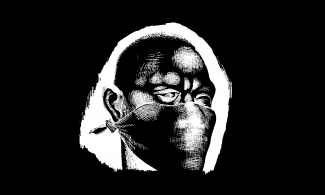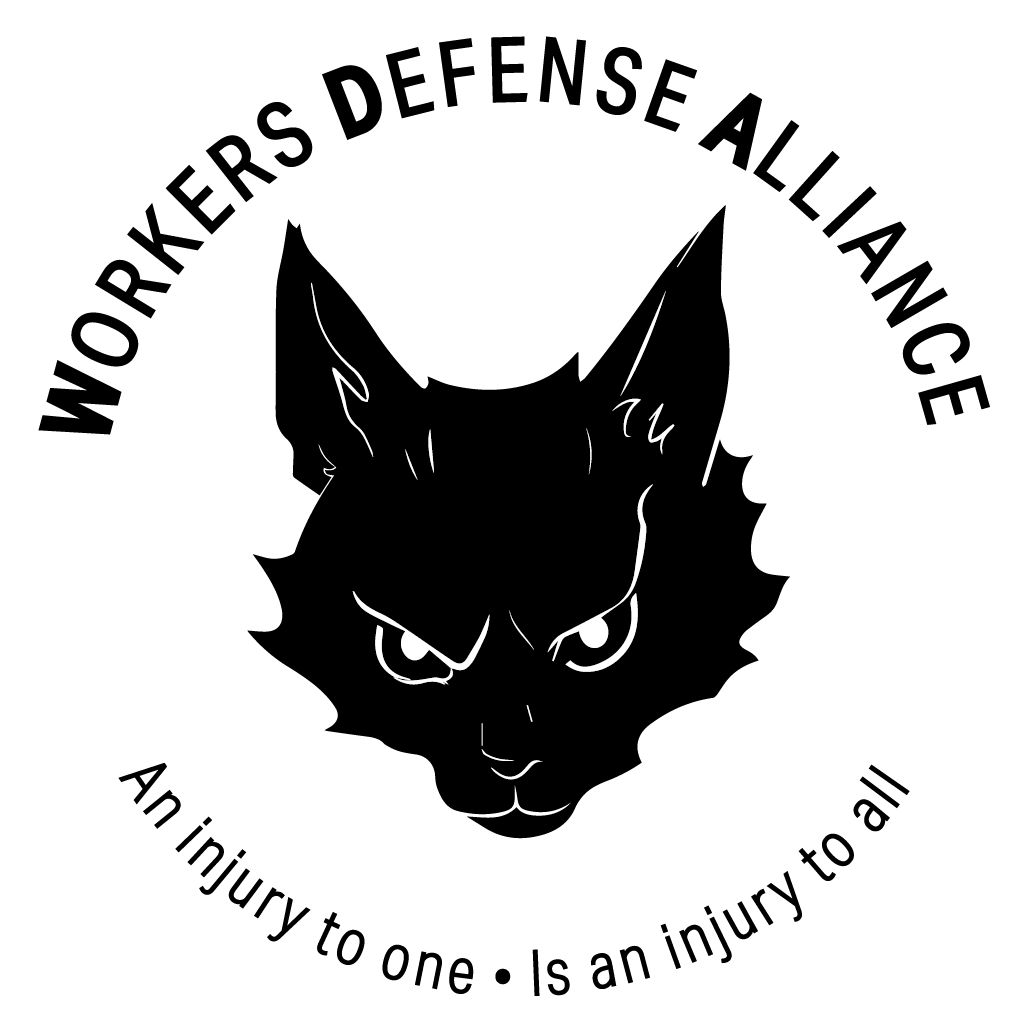
Juliett - Electronic Security Worker - Alliance Infosec/Tech
As the seasons turn and the heads of state shuffle, we are once again caught in a moment of observation, reflection, and planning. Being radicals, we have a duty to meditate on our successes and failures, but also of those who came before us. Not to be prescriptive about theory, but to find similar contexts and draw practical lessons from past struggles. Of all the recent conservative to liberal transitions of power, one thing stands out to me: the trap of recuperation, state legitimacy, and collaboration.
Right wing governments can sometimes mask the reality that we are in a three way fight. As agents of change, we must fight the force of reaction (as seen in fascist and conservative movements), but also forces of stasis and capital (represented by the liberal establishment). Law and Order is the tool of the day, and as winter turns to spring, we can again expect to see the softer side of repression. The state is always attempting to pull struggle into its sphere of influence and limit it. It is our job to build power outside of their control and legitimacy. Some have described this relationship as counter-power or dual-power. We see it as key in our daily work.
This past moment revealed the true face of America – mask off – and has brought many of our friends, family, and communities into the struggle. Building this core understanding is important to keeping them with us and protecting them from harm. It's no secret that often we have better insight and active intelligence than the state does. With the state’s arms wide open, our new comrades might be tempted to collaborate or try to use law enforcement against the fascists in retreat. Not only does this strengthen our enemy, a confidential informant is one of the very worst positions you could ever be in. This goes double for a state obsessed with destroying anti-fascist and revolutionary movements.
It’s important to recognize the power dynamic of confidential informants for what it is: the state is extracting information from you. Some agents of the state may even seem cool – using leftist critiques and language, or they may be marginalized in some way. Perhaps this exchange is voluntary and seems like "harm reduction" at first, but very quickly and unknowingly it can become much more. Questions about your motives, your network and contacts, and your resources can slip in by someone skilled in the art of elicitation. Your comrades will be angry with you for giving intelligence to the state, interrupting their actions and alerting authorities. They will be emotionally devastated and put into a crisis of trust. They may also distance themselves from you despite how much they might care for you personally.
The state often pressures vulnerable people deeper into these positions and uses divisions to create larger wedges in movements. We have seen this recently with leaders from the Capitol Hill Autonomous Zone in Seattle, where those who supported the city council efforts for reform were rightfully distrusted by many in the zone. The Philando Castile protests in the Twin Cities had several financially struggling leaders ejected for police collaboration. In 2017 in Portland, police famously pressured a young woman with mental health issues into revealing plans with the false promise of a less violent response. As we've seen, all these state promises fall short.
A generation ago, building confidential informants was a major part of police strategy during Occupy. Police often used drug/alcohol addictions of participants to pressure them into conflict, or to get them to inform. We can also learn from the vast movements of the 60s and 70s. The assassination of Fred Hampton was orchestrated by William O'Neal, an informant first turned for bail money. There are many more historical examples, but we'll leave those for another day.
Finally, while it is important to collaborate, it is also very important to not accuse others of collaborating without very solid proof. This is called badjacketing, and has lead to the destruction of many movements in the past. It is oftentimes a favorite technique of those wishing to do harm to collective organization.
What can we learn from these situations? We need to recognize the three way fight we are in, and focus on building power outside of institutions we do not control. We need to learn from revolutionary movements of the past, and see how the state has used informants to destroy them. We need to draw a line against collaboration, and protect our vulnerable people. We need to recognize elicitation and predation in our groups, and not badjacket. This is our coming task. It is not impossible.
Forget the state, we hold the real power anyway. Who needs their help when we bring the system screeching to a halt? In 2020, we saw Minneapolis, Atlanta, Seattle, Portland, Milwaukee, Louisville, and more. Winter may be thawing soon, but spring can be deceiving in its own right. Keep your eyes on the prize.
